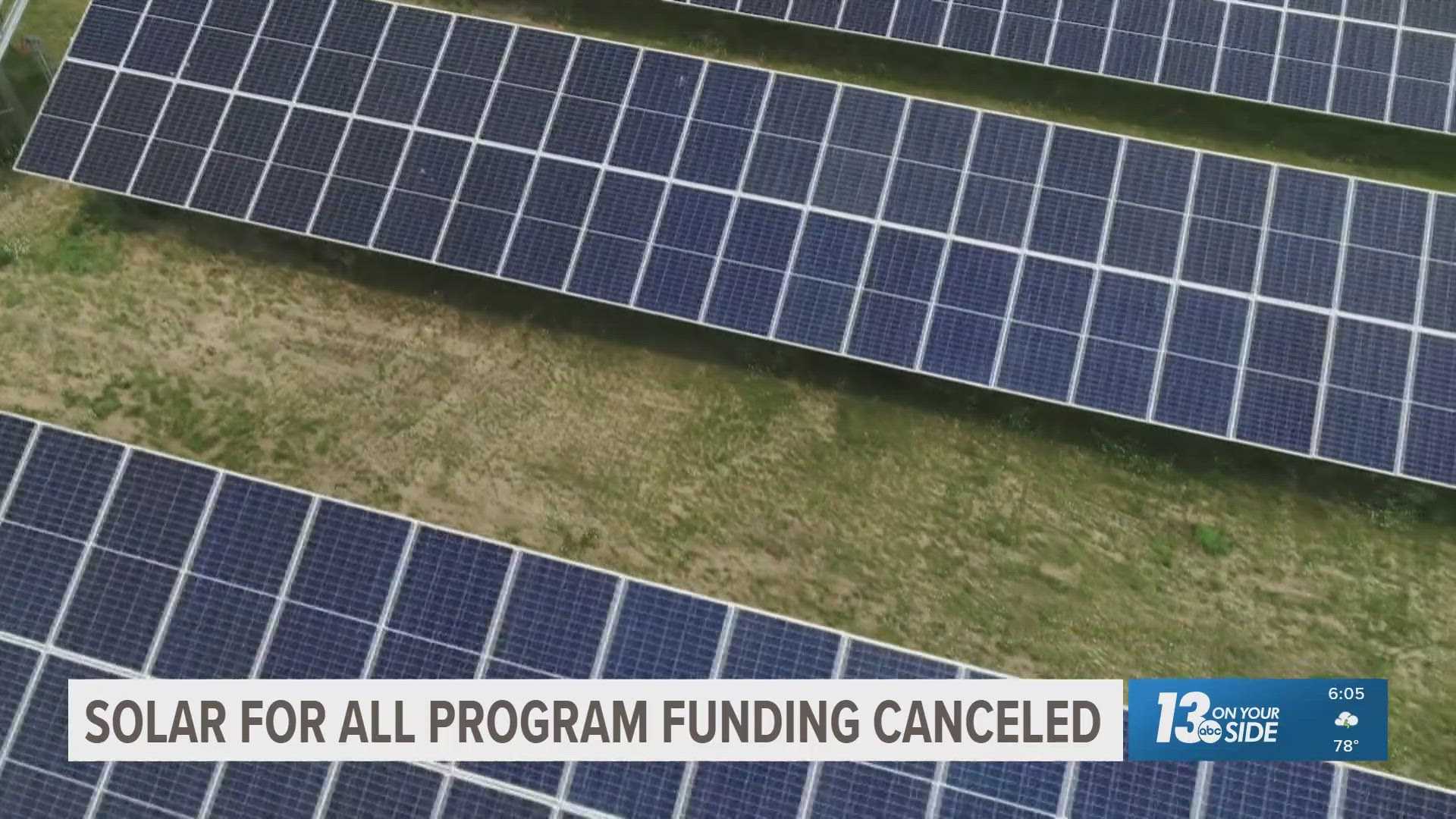Business
Michigan Loses $156 Million Solar Grant Amid Policy Shifts

GRAND RAPIDS, MI – Michigan’s Solar for All program has lost a $156 million federal grant, delivered by the U.S. Environmental Protection Agency (EPA) on August 12. The funds were intended to support solar energy panels in low- to middle-income households and businesses.
The grant cancellation follows a broader decision by the Trump administration to rescind $7 billion in grants tied to the Inflation Reduction Act initiated under President Biden. This move has sparked concerns about the future of clean energy initiatives in the state.
The termination letter from the EPA cites new legislation, the One Big Beautiful Bill Act, that repeals the underlying authority for the Solar for All program. The agency stated, “Congress has made its intent clear,” which has led to the program being halted.
Phil Roos, director of the Michigan Department of Environment, Great Lakes and Energy (EGLE), expressed disappointment over the federal decision, highlighting the program’s potential to create around 700 jobs and help families save an average of $400 on their utility bills annually.
“In a time when we’re under a declared national ‘energy emergency,’ a program like this is a critical piece to keep more power available,” Roos said.
Although the state was reportedly finalizing contracts for pilot projects, no agreements had been signed before the termination notice arrived. Several planned initiatives aimed to assist low-income customers with their utility bills.
Advocates for the Solar for All program have indicated that they will challenge the cancellation in court, asserting the termination is illegal. Sen. Bernie Sanders, who introduced the program, condemned the action, calling it “absolutely insane.”
“Solar for All means lower utility bills, many thousands of good-paying jobs, and real action to address the existential threat of climate change,” Sanders stated. “We will fight back to preserve this enormously important program.”
The Solar for All program aimed to lower energy costs for nearly a million low-income households while increasing access to renewable energy across Michigan.












